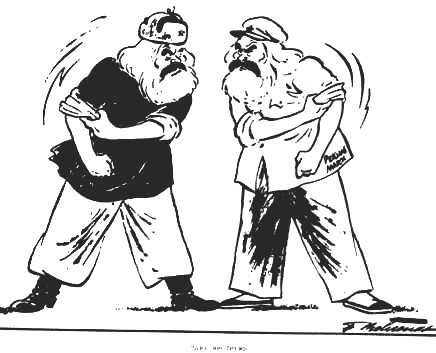Marxism and
Workers’ Organisation
Writings of Marxists on Trade Unions, the General Strike, Soviets and Working Class Organisation.

Marx and Engels
Marx and Engels on Communist Organisation, 1846-1879.
Even though The Communist Manifesto proclaimed a political party of the working class, in reality, until 1864, there were only small communist Leagues and ‘secret societies’ on one side, and more or less non-political trade unions on the other.
- On the Communist League, Marx and Engels, 1846-1850;
- Letters on Working Class Organisation, 1846-87.
From the History Archive:
- The First International, 1864-1873.
The International, was an instrument of class formation, bringing together trade unions, workers cooperatives, small socialist parties and study groups. With such a diverse membership it was never able to make the transition to a party. This role would fall to the Second International, founded in 1889.

See the definitions in the M.I.A. Encyclopedia of:
The Trade Unions
See the definition of Trade Union in the M.I.A. Encyclopedia.
- Marx and Engels on the Trade Unions.
- The First International and Strikes, G. M. Stekloff;
- Political Action and the Working class, Marx 1871;
- The Working Class in America, Eleanor Marx 1891;
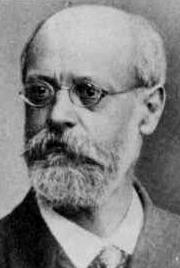
- The Class Struggle, The Erfurt Program, 1892
- Trade Unions and Socialism, 1901;
- The Mass Strike, 1906;
The Socialist International actively built political parties in every country, and gained seats in Parliament. It was members of these Social-Democratic parties who built the trade unions and used the strike weapon for both political and economic gains.
- The Primitiveness of the Economists and the Organization of the Revolutionaries, 1903;
- Should Revolutionaries Work in Reactionary Trade Unions?, 1920;
- Draft Resolutions of the 10th Party Congress, 1921;
Around the first decade of the 20th century, many revolutionaries saw the trade unions as the main vehicle for the achievement of socialism. James Connolly, Daniel De Leon, Eugene Debs and John MacLean wrote extensively on the trade unions. We mention just a few of the more important works from their archives.
See the definition of Anarcho-Syndicalism in the M.I.A. Encyclopedia, The I.W.W. and Biography of Eugene Debs by James P Cannon.
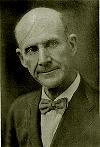
- Revolutionary Unionism, 1905;
- Industrial Unionism and Constructive Socialism, 1908;
- Industrialism and the Trade Unions, 1910;
- The Problem of Trade Union Organisation, 1910;
- Revolutionary Unionism and War, 1915;

- The Burning Question of Trade Unionism, 1904;
- The Chicago Convention, 1905;
- Industrial Unionism, 1913;
- Trade Unions in Bulgaria and Their Organization, 1907;
- The Budapest Resolution, 1911;
- Towards Unity!, 1914;
- The Tasks of the Trade Unions, 1920;
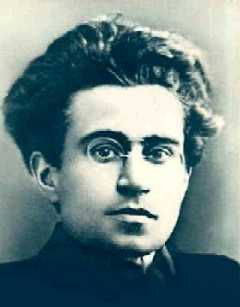
- One Big Union, 1920;
- The Unemployed, 1920;
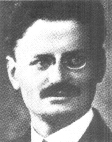
- Trade Unionism, 1936;
- Letter on Workers Councils, 1952;
- Communism and Syndicalism, 1923-31;
- The Role of Strikes in a Revolution, 1931;
- Workers' Control of Production, 1931;
- Factory Councils and Workers' Control of Production, 1931;
- The Trade Unions in Britain, 1933;
- On Britain;
- Trade Unions in the Transitional Epoch, 1938;
- Trade Unions in the Epoch of Imperialist Decay, 1940;
- Discussions With Trotsky On the Transitional Program;
- Nationalised Industry and Workers' Management, 1938;
From the History Archive: The Lawrence Strike of 1912.
The General Strike
Social crises are often marked by a general strike, which brings the crisis to a head by cutting off the means of all social life. But how can the workers' movement move from stopping production to seizing political power and taking over control of production?
- The Bakunists at Work, Marx 1873;
- The Social Revolution, Kautsky 1908;
- Will there be a General Strike?, John MacLean, 1921;
- Notes on the Situation in Britain 1925-26, Trotsky 1925-26;
- On the struggle in Britain in retrospect, Trotsky, 1931;
- The CP and the British General Strike (1926), Hallas, 1976;
- The Belgian General Strike, Tony Cliff 1961;
- Belgium: Strike to Revolution?, Tony Cliff 1961;
- Marxism and the Trade Unions, Hal Draper 1970;
Discussion at the Second Congress of the Communist International, 1920
- Discussion on the role of the Communist Party in the Revolution;
- Continuation of Discussion on the role of the Communist Party;
- Theses on the Role of the Communist Party in the Revolution;
- Discussion on the Trade Unions;
- Continuation of discussion on the Trade Unions;
- On the formation of Soviets;
- On Entry into the British Labour Party;
Documents of the Second Congress of the Communist International
- Conditions under which Workers Soviets may be formed;
- The Trade Union Movement and Factory committees;
From the History Archive: History of the Third International (1919-43).
- The Red International of Trade Unions, 3rd Congress, 1921;
- Communist Work in the Trade Unions, 4th Congress, 1922;
The Political Party
See the definition of Political Party in the M.I.A. Encyclopedia.
- Resolution of on Working Class Parties, First International 1872;
- Conclusion to History of First International, Stekloff;
- Kautsky: Sects or Class Parties, Kautsky 1909;
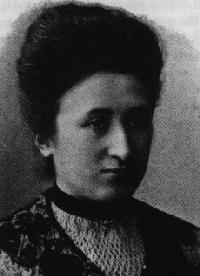
In economically backward, Czarist Russia, Lenin built a new kind of Party, the Bolshevik Party, which would succeed in making the revolution in 1917.
- Zinoviev: History of the Bolshevik Party;
- Lenin: Principal stages in history of Bolshevism;
- Lenin: What Is To Be Done?, Lenin 1901;
- Lenin: One Step Forward, Two Steps Back, 1904;
- Lenin: Preface to "Twelve Years", Lenin 1907;
- Rosa Luxemburg: Organisational Questions of Russian Social Democracy, 1904;
Criticism and understanding of the nature of the Bolshevik Party was to be the centre of controversy about the nature of a working-class party for long afterwards.
- Lenin: Conclusion to "Left-Wing" Communism 1920;
- Trotsky: The New Course 1923;
- Pannekoek: Party and Working Class, 1936;
- Pannekoek: Remarks on the Question of Organization, 1938;
- Pannekoek: The Fight of the working class against capitalism, 1947;
- Mattick: The Masses & The Vanguard, 1938;
- Mattick: Council Communism, 1939;
- Mattick: Panneokoek’s “The Party and the Working Class”, 1941;
- Mattick: Spontaneity and Organisation, 1977;
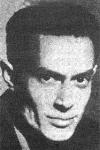
The question of unity between different working class parties, and the need for the working class to win the leadership of other classes among the oppressed also became central themes.
- Trotsky: For a Workers United Front Against Fascism, 1931;
- Trotsky: The Lessons of Spain, 1938;
- Tony Cliff: Notes on Democratic Centralism 1968;
- Duncan Hallas: Towards a Revolutionary Socialist Party 1971;
- Dunayevskaya: New Forces, New Passion; 1973;
- Hal Draper: The Myth of Lenin's "Concept of The Party" 1990;
